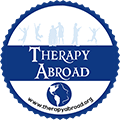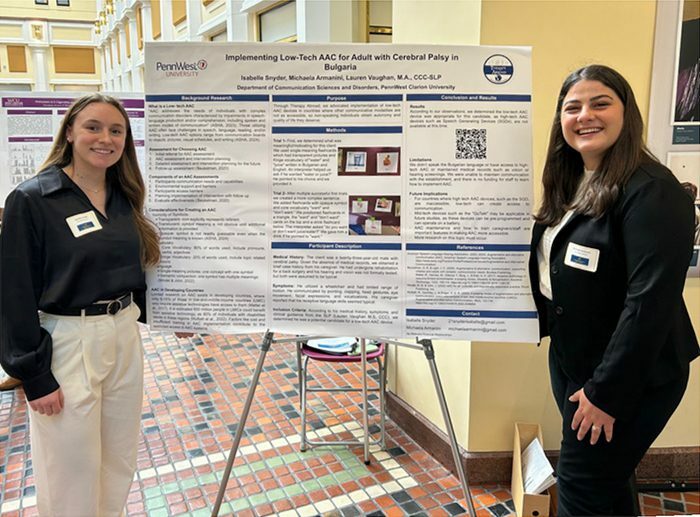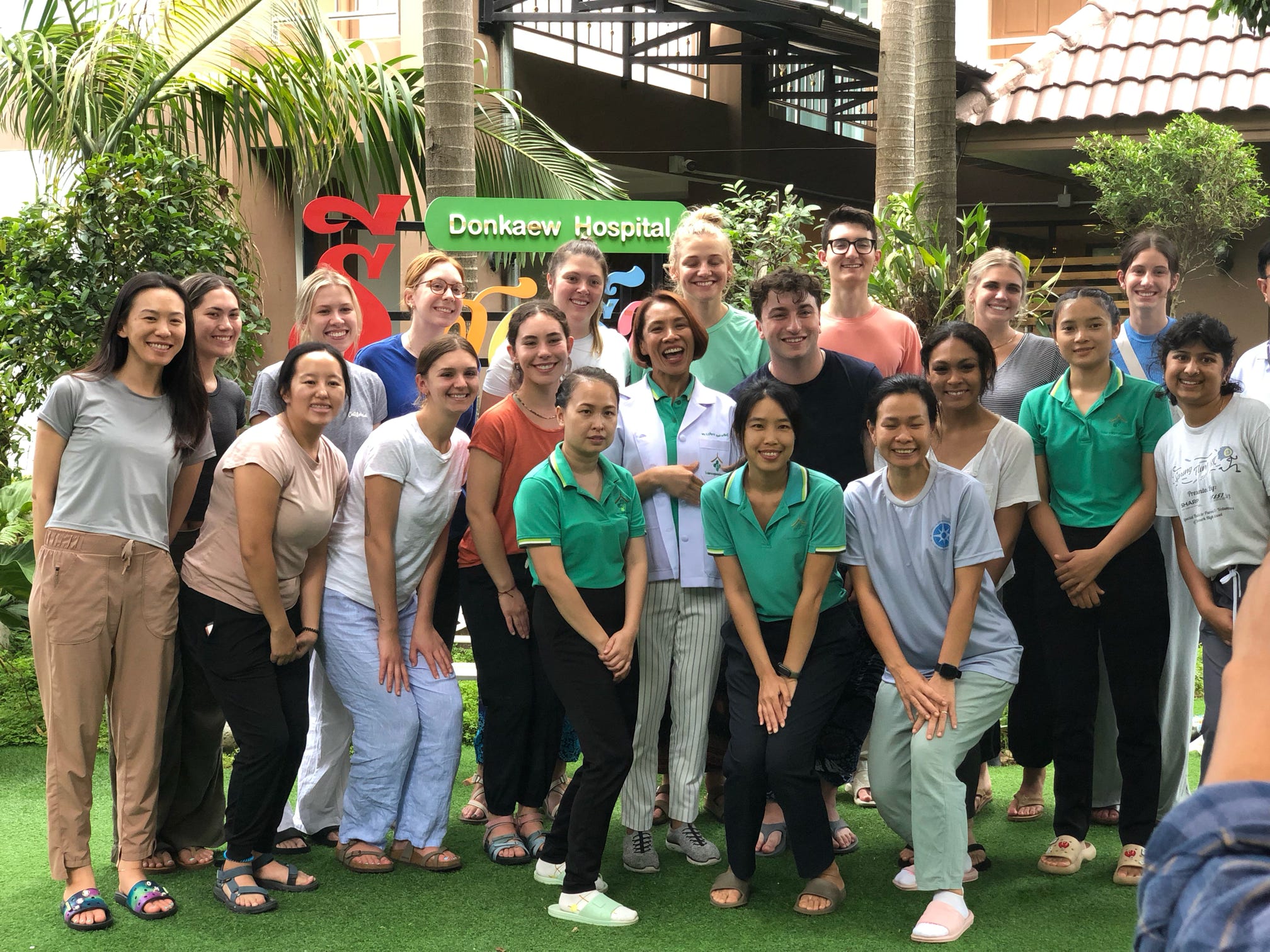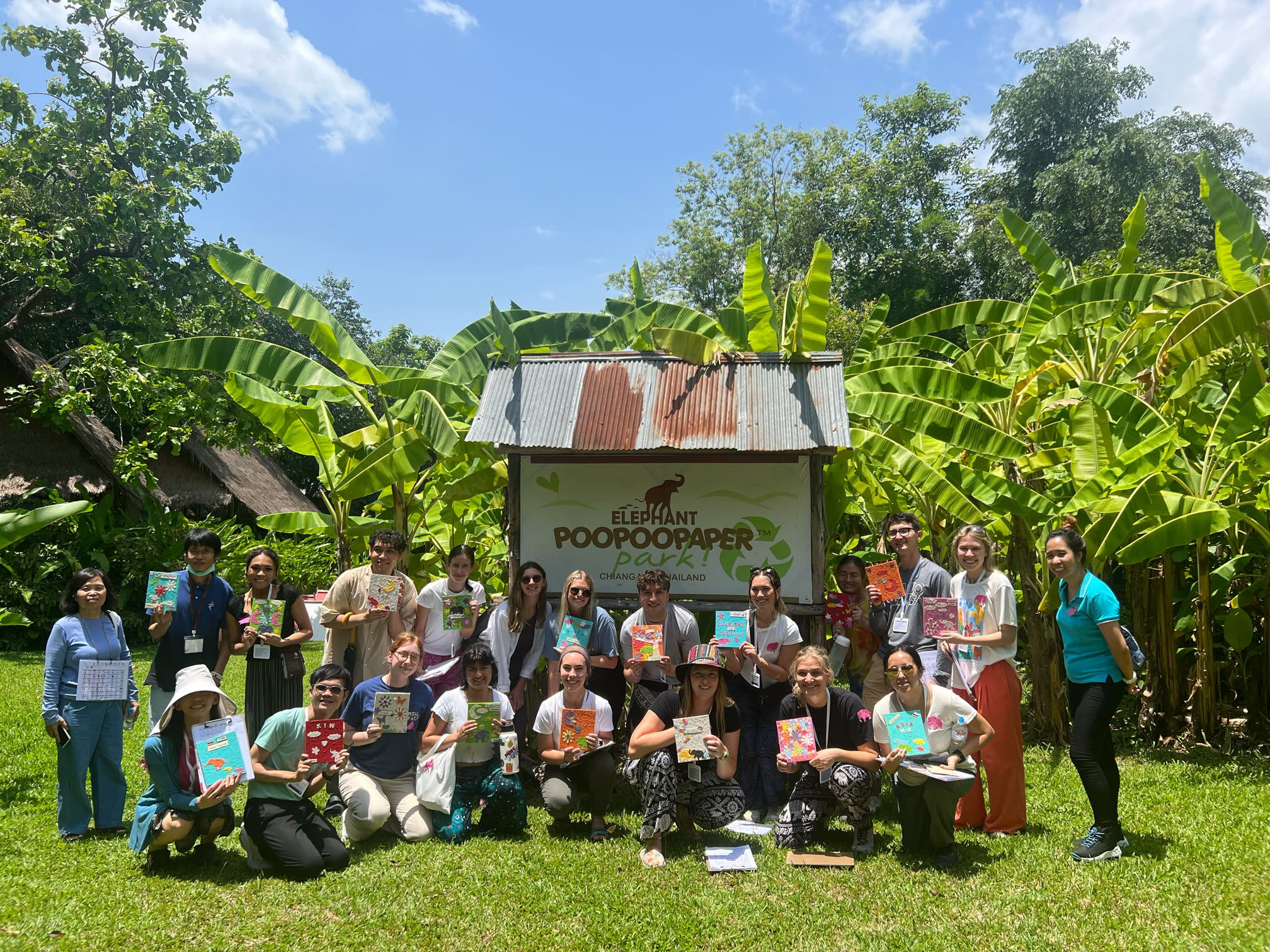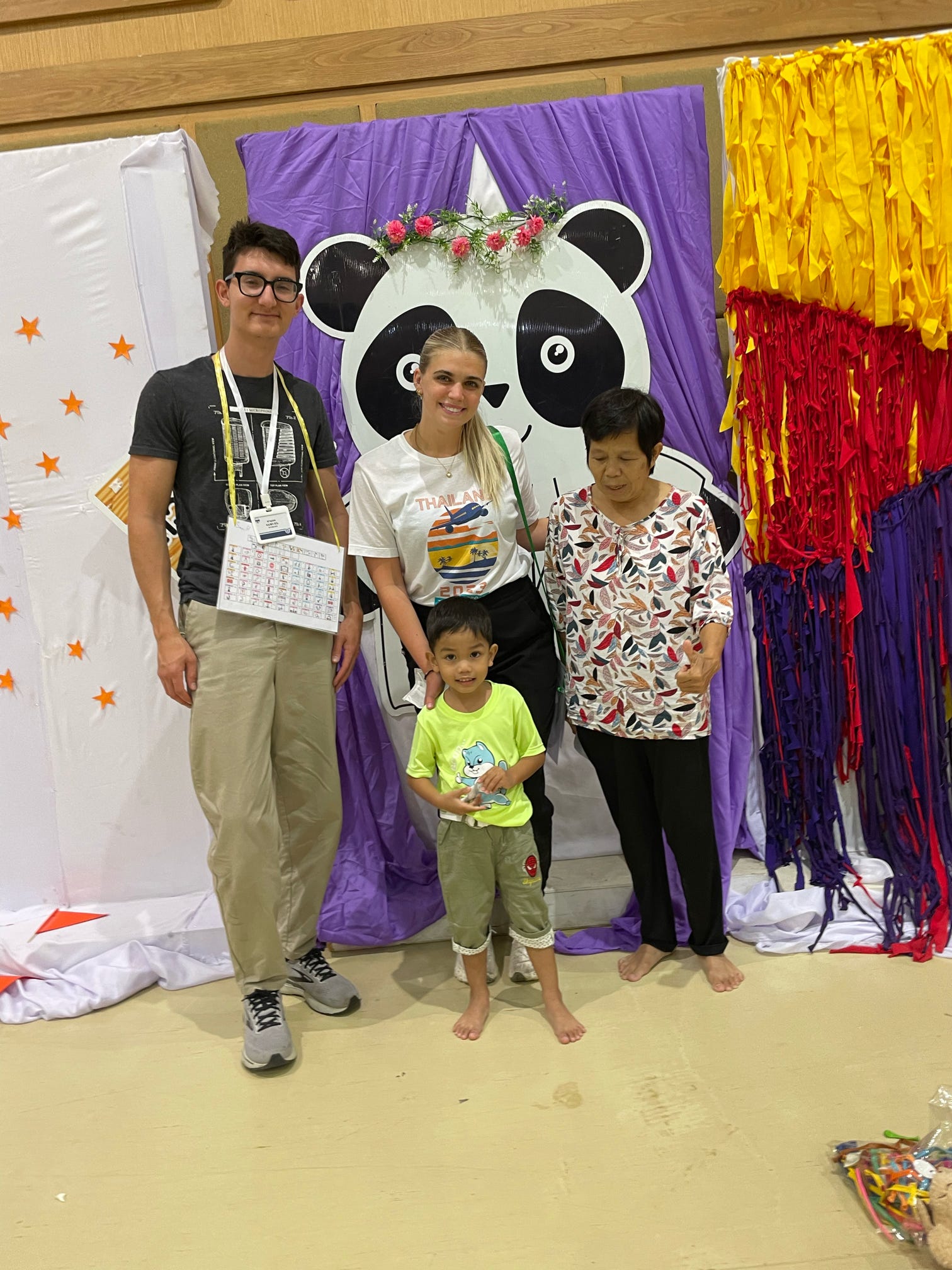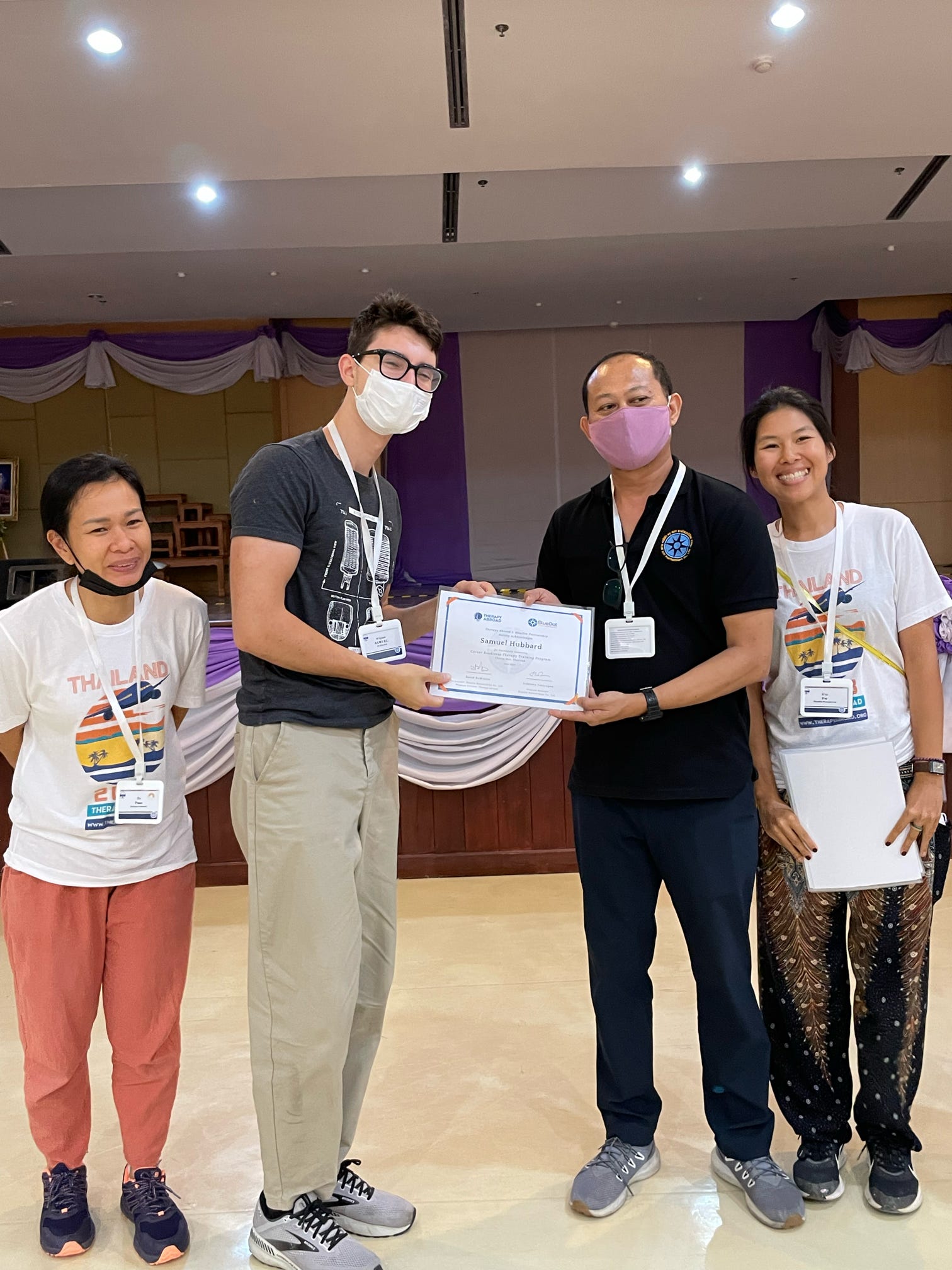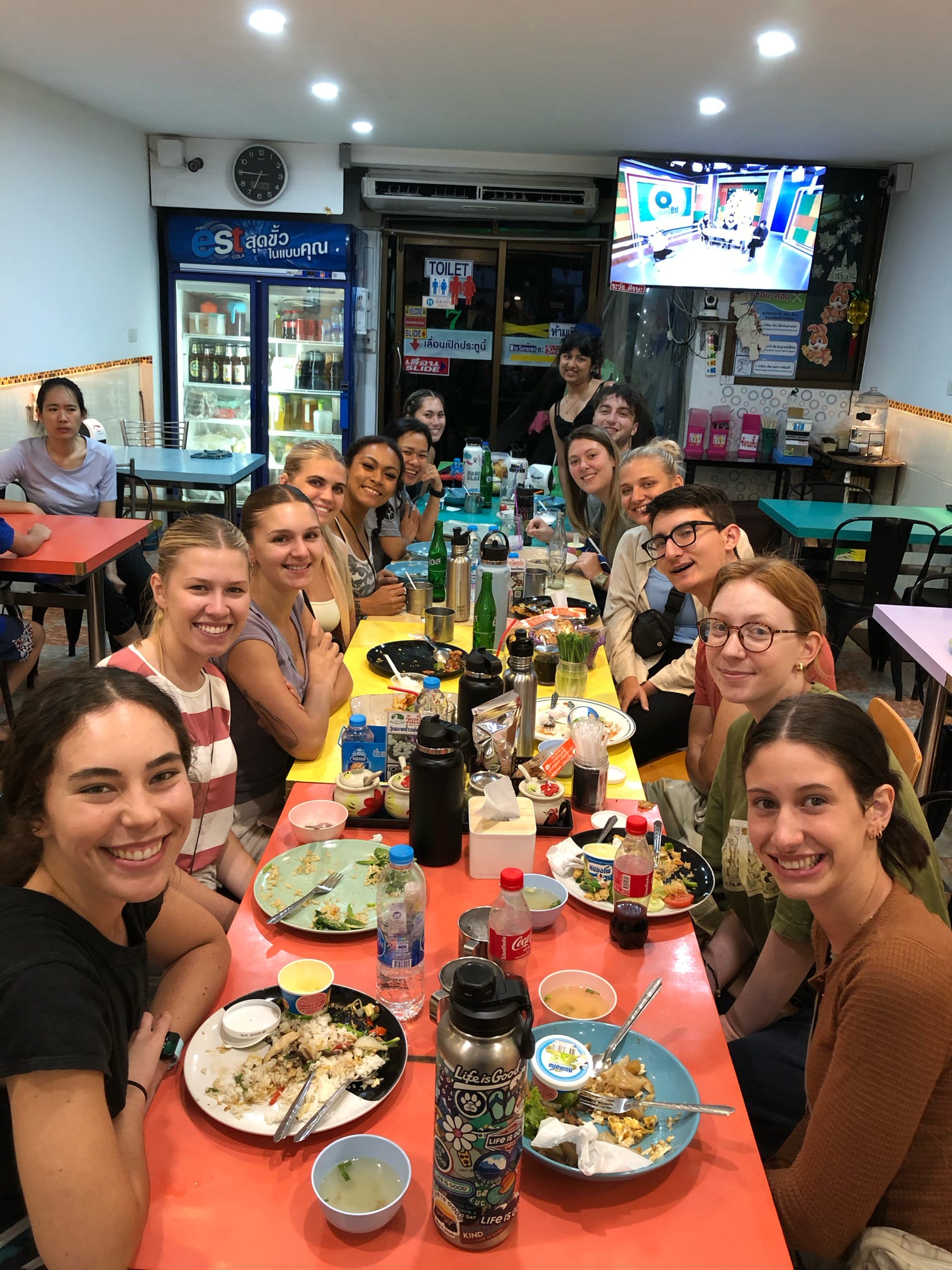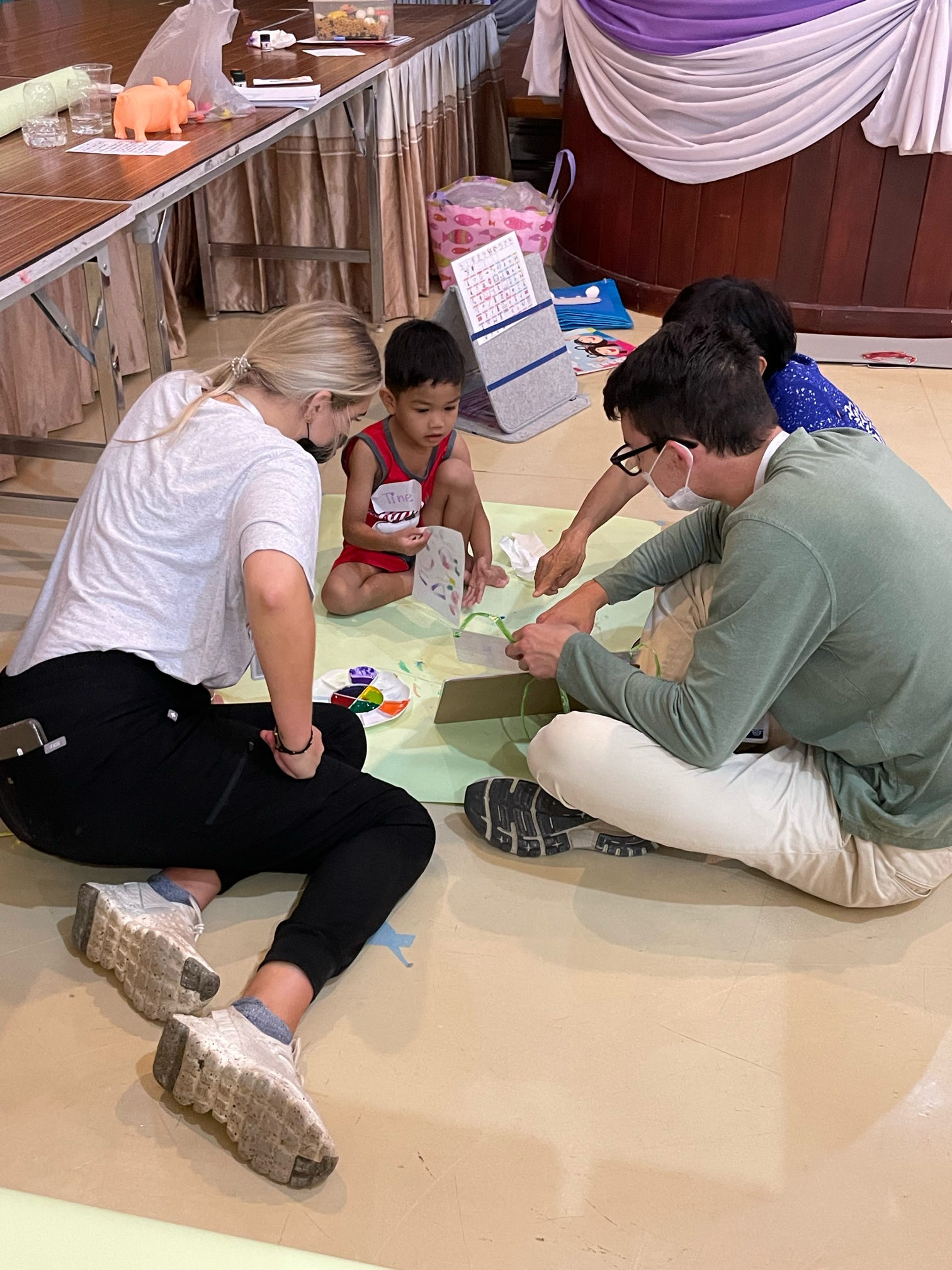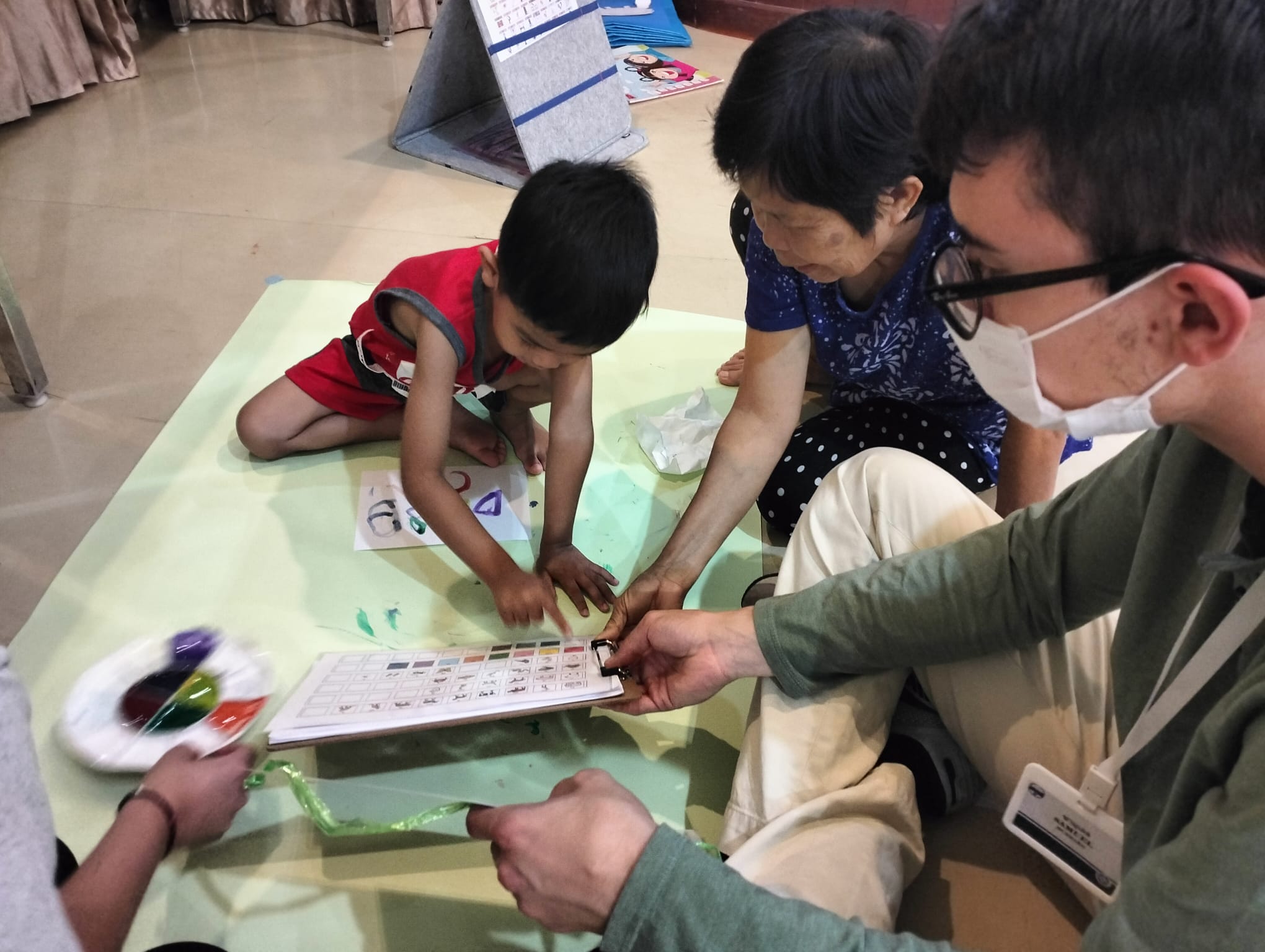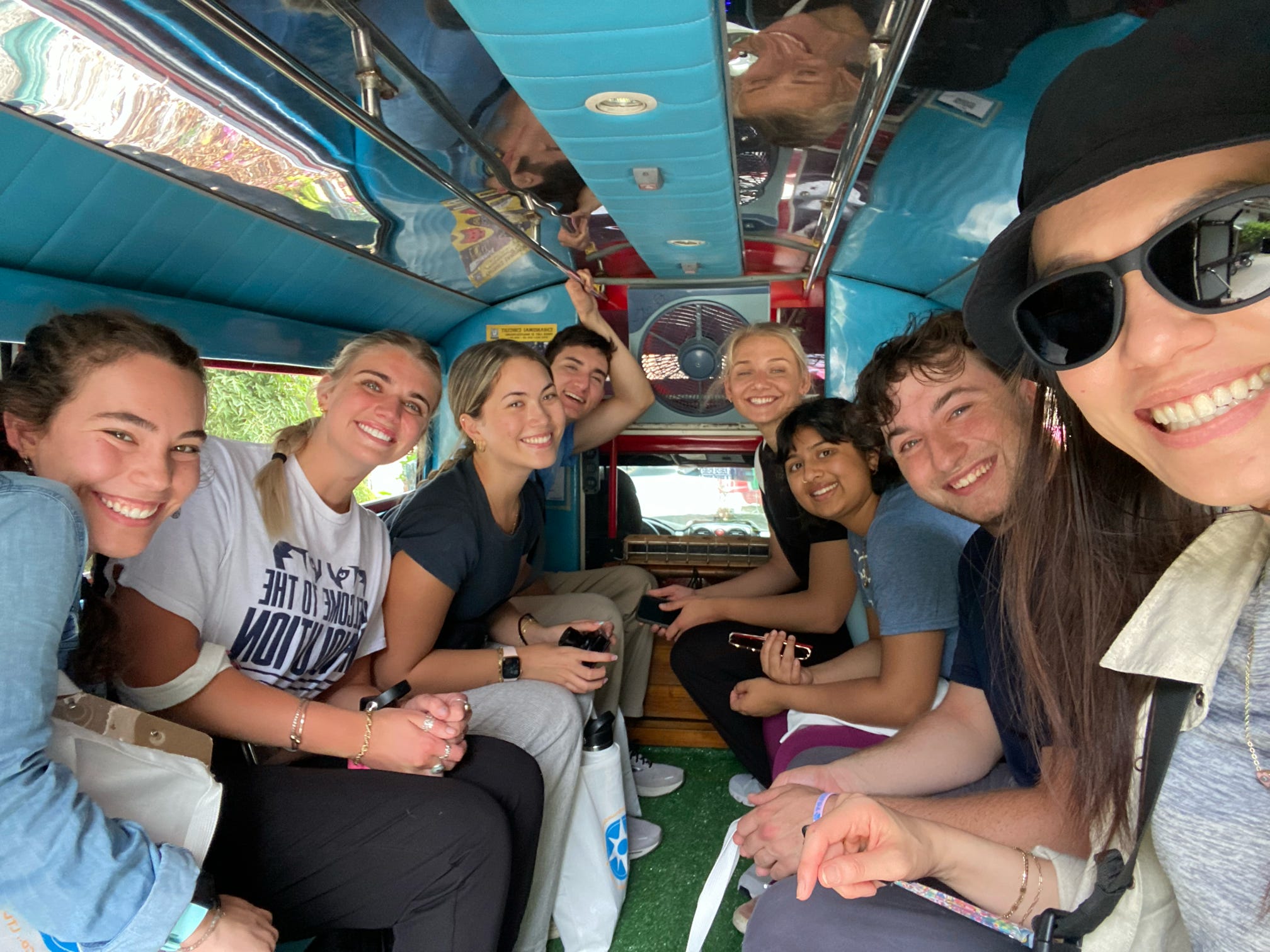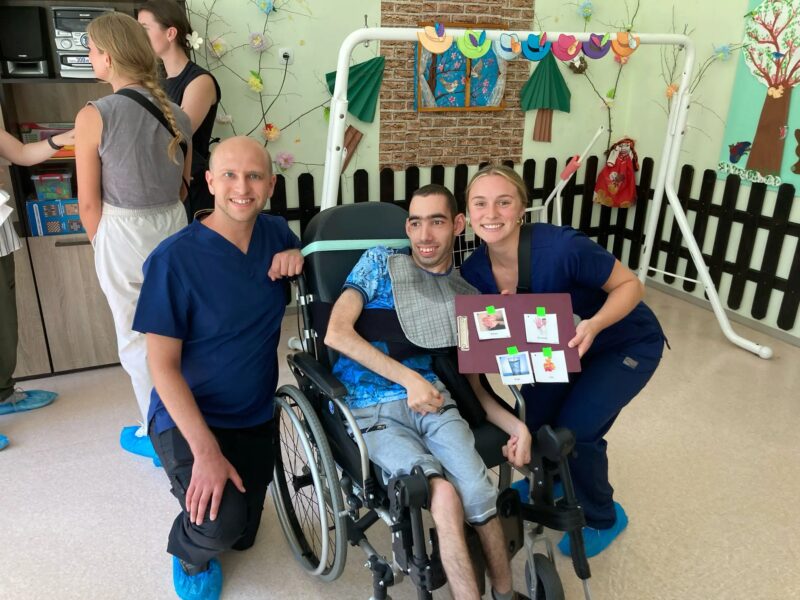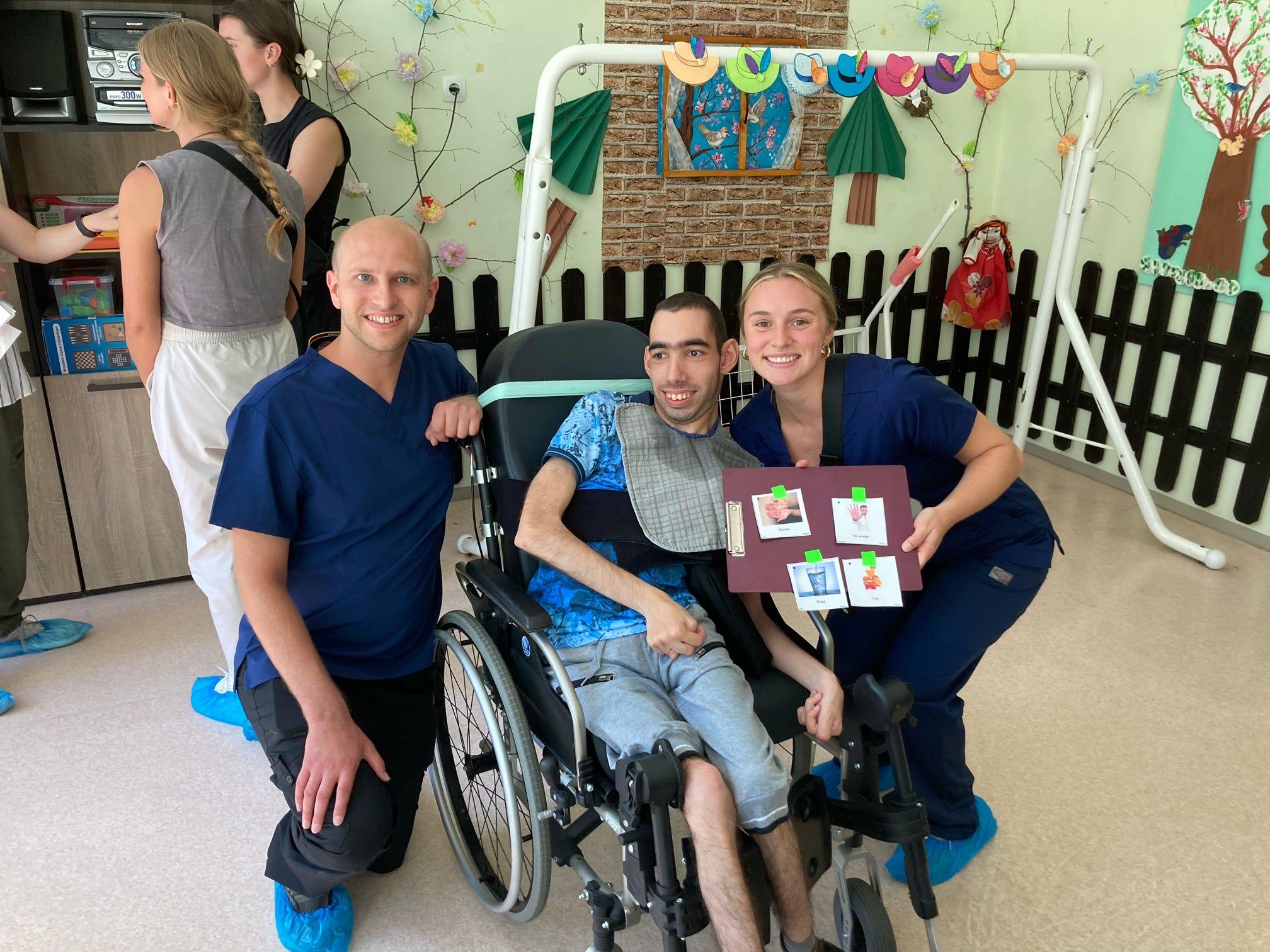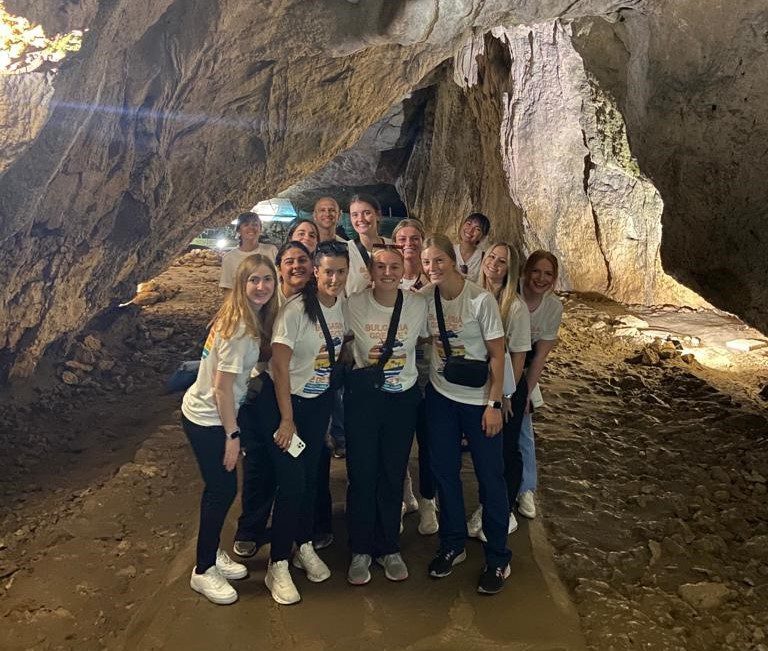According to the National Institute on Deafness and Other Communication Institutes (NIDCD), approximately 5% of children by the first grade have noticeable speech disorders—typically with no known cause. Meanwhile, roughly 3.3% of children and adolescents aged three to 17 years old have voice- and language-related conditions. To help address these, many of those with such conditions have begun to seek rehabilitative intervention.
Speech therapy is a science-based approach that assesses and treats anyone who needs help with developmental and communication challenges. However, speech therapy is not a one-size-fits-all treatment, and a variety of techniques are required for specific symptoms and circumstances.

What is Speech Therapy?
Speech and language problems can deeply affect one’s everyday life. They can be a cause of stress to growing children, adolescents, and even adults. Fortunately, speech therapy is a trusted, well-known field of healthcare that can diagnose and treat these.
Also known as speech-language pathology, speech therapy may cross paths with other disciplines. It can be accompanied by treatments from other medical fields, especially if cognitive or psychological challenges are involved.
Speech therapy targets a wide range of issues, from stuttering to a loss of speech caused by injury or illness. These issues also include, but are not limited to, articulation problems, voice disorders, language disorders, problems with swallowing, and speech impairment due to traumatic brain damage.
What Does a Speech-Language Pathologist Do?
A speech-language pathologist (SLP), otherwise known as a speech therapist, deals with patients of all ages, from kids to the elderly. Their goal is to improve the affected person’s quality of life by reinforcing their comprehension skills, clarity, and language and easing the process of speech.
Speech Therapy for Different Disorders
Since speech disorders vary in symptoms, intensity, and degree, different types of approaches are employed. A speech and language pathologist will be able to assess the problem and determine a solution for it. Below are some common speech-language challenges for people of all ages—and how they are typically treated.
Speech Therapy for Late Talkers
A toddler’s talking stage varies, so there really isn’t a set timeline you should expect them to follow. However, if you’re starting to get concerned about your child still not talking at a certain age, you can seek the aid of a speech-language pathologist.
The therapist might start with simple exercises, such as imitating sounds, and sign language, prompting with toys and picture cards, or other playtime methods. If these don’t address the problem, your child may need to undergo hearing or neurological tests, which can identify oral-motor problems, if any. Since it’s a non-invasive medical treatment, speech therapists can continue sessions alongside any other treatments required.
Speech Therapy for Apraxia of Speech
Apraxia of speech, or verbal apraxia, is a motor-speech disorder that impedes a child from forming full sounds and words. This happens because they cannot form vocal movements, even though their comprehension skills are generally fine. Ultimately, it results in an inability to communicate and express themselves.
While adults can acquire it, childhood apraxia of speech (CAS) is a different case as it is a birth condition. A child cannot outgrow apraxia, even in environments where they are around other children.
The good news is that CAS is treatable with speech therapy. After running oral-motor and speech-sound assessments, expect your SLP to arrange one-on-one sessions several times a week. Since you’re aiming for full treatment, intensive focus on the patient is required. During these sessions, your child will undergo speech drills, vowel practices, movement exercises, and more.
Speech Therapy for Dysphagia (Difficulty Swallowing)
Dysphagia is a medical condition in which one experiences difficulty swallowing food or liquid. This can be particularly impactful for children, as it can lead to further problems if left untreated. Symptoms may include coughing, drooling, sternum blockage, and regurgitation.
A speech-language pathologist can examine the degree of dysphagia, which ranges from mild to severe. They may guide your child through techniques and breathing exercises. These can help them improve chewing and move their tongue with more ease. Moreover, speech therapists can participate in facilitating a child’s diet by providing instructions on what to eat or avoid eating.

Speech Therapy for Aphasia
Some traumatic brain injuries or illnesses, such as a stroke or tumor, may result in a speech disorder. This disorder, called aphasia, impedes one’s ability to speak or communicate properly. Those who suffer from aphasia may have trouble expressing themselves, understanding conversations, and even reading or writing.
Due to its complexity, speech therapy may be one of many treatments a patient will need. But an SLP can contribute to their well-being by reducing speech and language impairment through diverse types of techniques. The patient will also be encouraged to be more active and find other means of communication. With constant treatments, their speaking and comprehensive ability may improve and be restored as much as possible over time.
Speech-Language Pathologists: Can They Help Manage Disorders Through Speech Therapy?
Treatments vary from person to person—it is almost never standardized. However, it’s almost a guarantee that speech-language disorders, including developmental delays and cognitive challenges, can be addressed through proper intervention. This is the goal of speech therapy and all its interdisciplinary techniques.
Speech-language pathologists, therefore, play a significant role in one’s life, especially for growing children. The right assessment, approach, and treatment will be impactful not only to the patient, but to everyone in their lives.
Discover Speech-Language Pathologist Programs with Therapy Abroad
Speech-language pathology can be a demanding healthcare field, but it is also incredibly fulfilling. Proper training and expert mentorship can help you learn how to become a speech-language pathologist. You just need to start looking for good opportunities.
Start your speech therapy career with Therapy Abroad’s specialized two-week program in Thailand. You’ll be able to pick up insights from a global setting, collaborate meaningfully with other professionals, and gain relevant experience and cultural awareness. Apply for the program now or contact us for more details.


